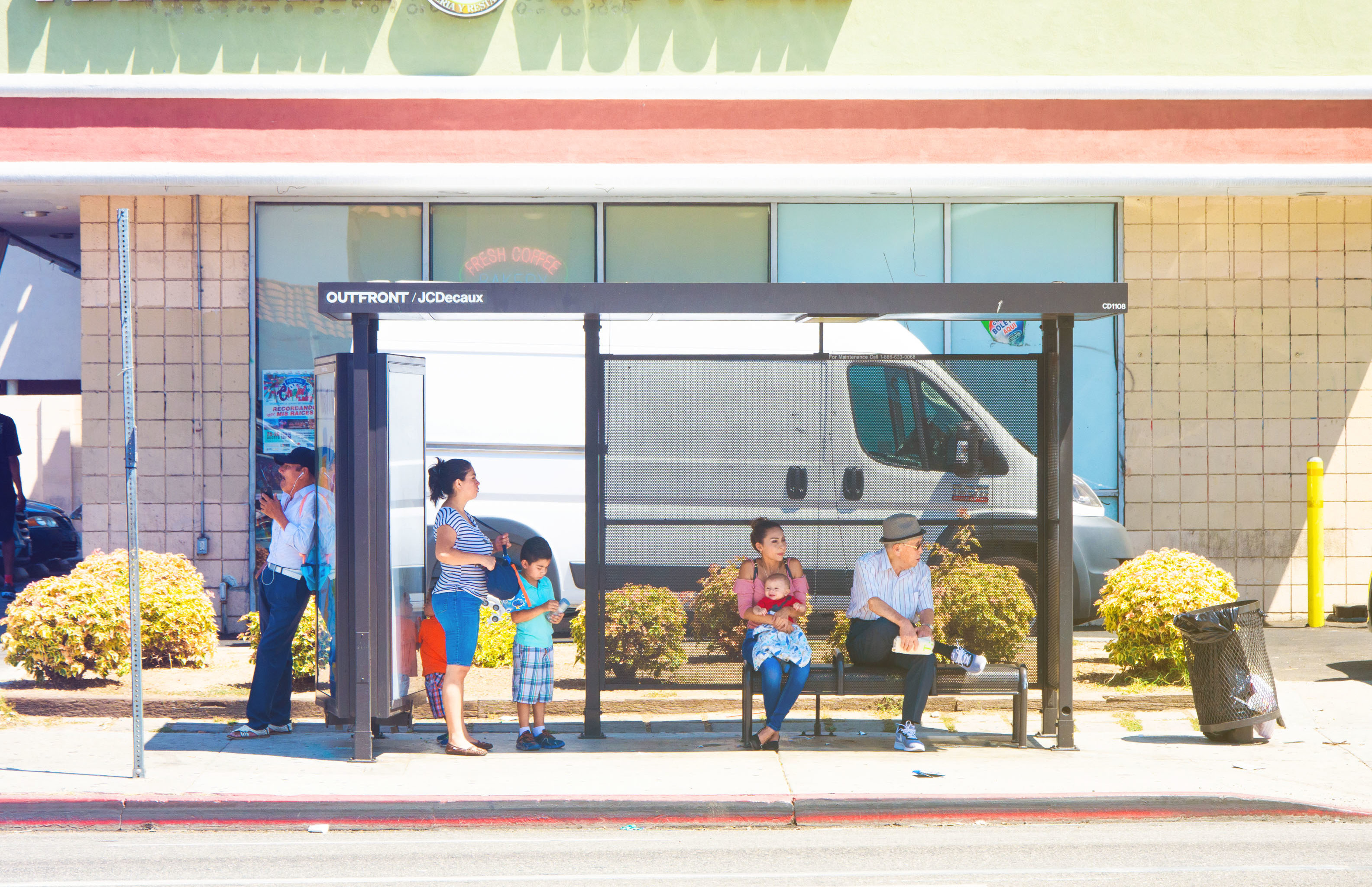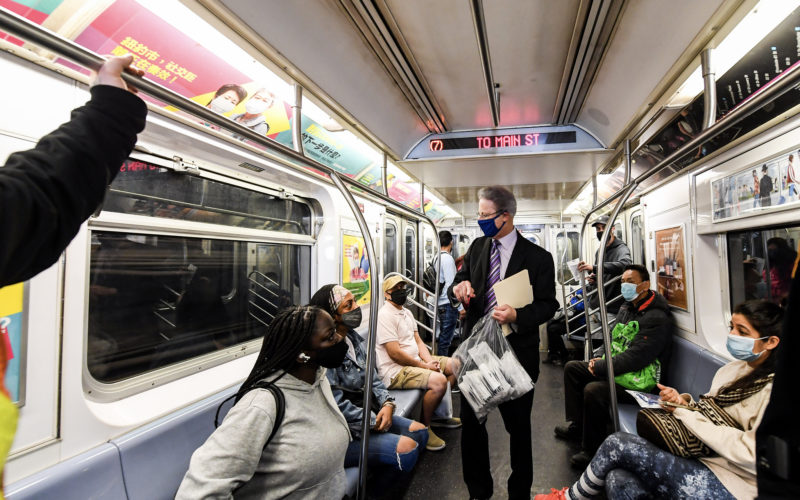

Photo by @BicyclesOnly
New York City Mayor Bill de Blasio’s appointment of Polly Trottenberg as Transportation Commissioners is more than a top-notch choice. Clearly Commissioner Trottenberg stands on her own merits. Yet the appointment also signals that once safer streets and more transportation choices are experienced, the popularity of those options makes it unlikely for successive elective leaders to try to turn back the clock. Once a trajectory is established and true, a city can continue to move forward without regard to election cycles.
New York City is a particularly vivid illustration of this trend because in most respects, Mayor de Blasio waged an election campaign explicitly predicated on being unlike his predecessor, Mayor Michael Bloomberg. He was widely known as the un-Bloomberg. De Blasio was outspoken about his differences with Bloomberg, vocally vowing to reverse the incumbent’s policies on basic issues like policing, education and taxation, and to a great extent housing and social services as well. A typical 2013 general election voter would be unlikely to name one issue on which de Blasio would be expected to continue Bloomberg’s policies – and over 70% of them pulled the lever for de Blasio.
In this setting, some advocates were rightfully concerned whether or not de Blasio would try to reverse the progress New York City’s streets enjoyed during the Bloomberg Administration, which featured extensive (and supposedly controversial!) safety improvements for pedestrians, bicyclists and motorists, particular street-crossing improvements designed for seniors and children, bike lanes, and plazas that are proving to be economic development magnets for neighborhoods across the city. Some of our uncertainty about de Blasio’s potential views even turned to concern when some of his off-hand comments betrayed a lack of understanding of the phenomenal success of the opening of Times Square, and the implication that the new Mayor might even consider the unthinkable — re-flooding that popular public space with automobiles and fumes again.
On December 31 we got the answer. His appointment of Polly Trottenberg as his Transportation Commissioner shows that the new Mayor does understand, after all. He has chosen someone who has vowed to keep the city moving forward on its current course of making New York’s streets safer and more usable for all. And that’s not just good news for New Yorkers: it is a signal that once the value of progressive street policy is a proven reality, successive leaders (even those who disagree on just about everything else) will continue the progress – because their constituents want it.
 On the Brink: Will WMATA’s Progress Be Erased by 2024?
On the Brink: Will WMATA’s Progress Be Erased by 2024?
The experience of being a WMATA rider has substantially improved over the last 18 months, thanks to changes the agency has made like adding off-peak service and simplifying fares. Things are about to get even better with the launch of all-door boarding later this fall, overnight bus service on some lines starting in December, and an ambitious plan to redesign the Metrobus network. But all of this could go away by July 1, 2024.
Read More What’s Going on With Transit Service at the Seven Highest Ridership U.S. Cities? NYC Edition
What’s Going on With Transit Service at the Seven Highest Ridership U.S. Cities? NYC Edition
New York City Transit’s service levels have remained remarkably strong throughout the pandemic. Crew operator availability remains the agency’s biggest challenge, as well as adjusting weekend maintenance schedules in order to run service that matches strong weekend demand.
Read More